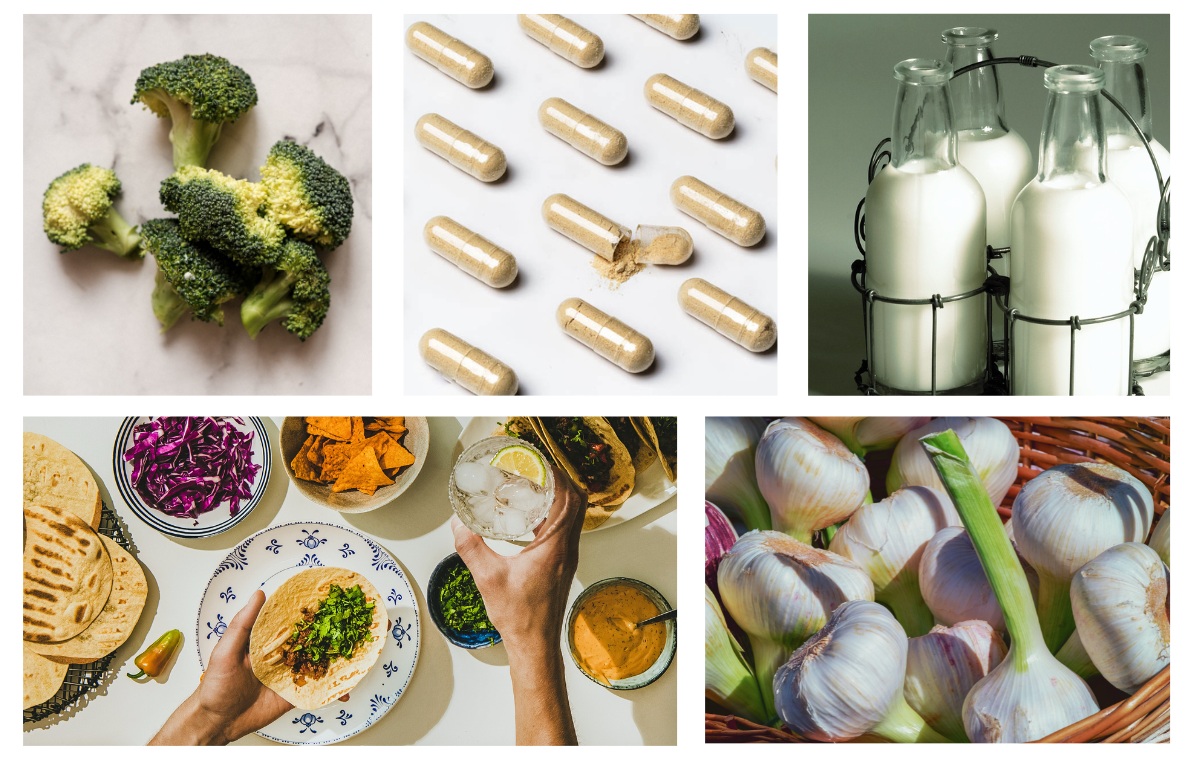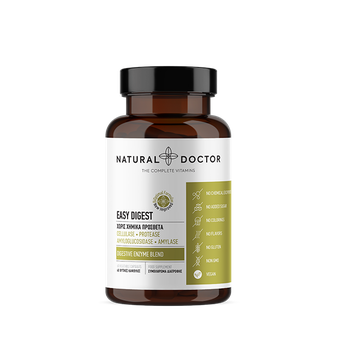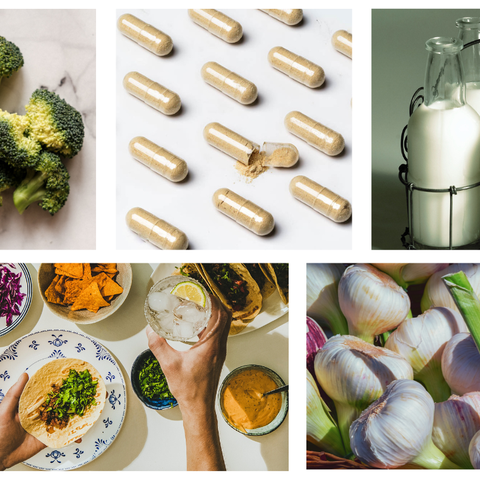What foods cause bloating?

How does bloating or discomfort occur after eating a meal? Bloating describes the annoying condition in which air is trapped in the digestive system, causing pain and discomfort.
Bloating is usually caused by dietary factors and mainly by the consumption of certain foods that are rich in FODMAPs.
FODMAPS is used to describe certain carbohydrates, mainly sugars and fiber, that cannot be absorbed by the digestive system but are subject to a fermentation process by the microorganisms of the digestive tract.
During this fermentation, gases are produced, resulting in a feeling of bloating or pain in the area. What does FODMAPS mean?
In fact, its initials come from the words:
- Fermentable
- Oligosaccharides
- Disaccharides
- Monosaccharides
- Polyols
Limiting foods high in FODMAPs improves overall bloating and abdominal pain.
Foods that contain FODMAPS are the following:
- Dairy
- Carbonated drinks
- Beer
- Apple
- Garlic
- Onions
- Cruciferous vegetables (broccoli, cabbage, cauliflower)
- Beans
- Lentils
The role of digestive enzymes
There is an old Latin expression, "sine qua non", which translates as "without which it cannot exist." When it comes to digestion and nutrition, digestive enzymes may be the most important "sine qua non".
Digestion is a vital process in which the food we eat is broken down so that the body can use it. Digestive enzymes are enzymes that participate in the digestion process and help in the easy breakdown of foods into their individual components and the absorption of their nutrients.
Digestive enzymes are divided into three major categories based on the nutrients of the foods they break down.
Thus, there are digestive enzymes that break down:
- Carbohydrates
- Fats
- Proteins
Enzyme deficiency can cause poor digestion and poor absorption of nutrients. This results in digestive discomfort such as bloating in the stomach or abdomen and reduced absorption of nutrients.
Our nature is designed to consume foods that contain enzymes and chew them well so that they mix with saliva, which is also rich in enzymes.
Digestive enzymes are the catalysts that participate in the breakdown and absorption of food. Adding digestive enzymes to the diet helps the body better assimilate the nutrients in food.
They help in the digestive process as well as in relieving symptoms such as bloating and indigestion.



